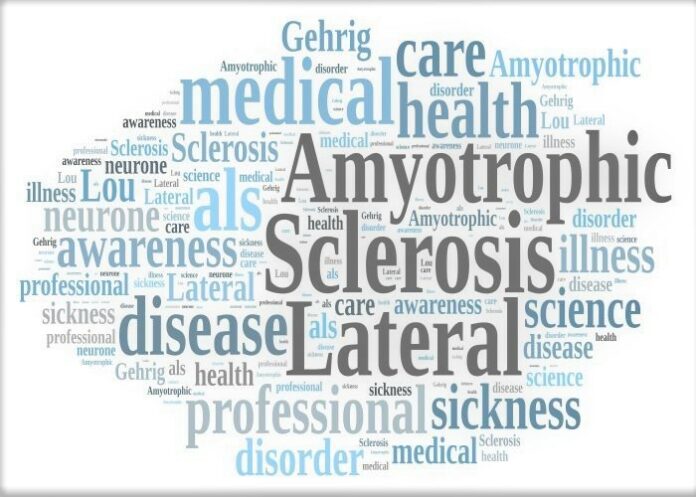Despite questionable research data, a much-debated drug for Lou Gehrig’s disease has won US approval based on one small study, has renewed questions about the scientific rigour behind government reviews of experimental medicines, reports AP News.
The US Food and Drug Administration (FDA) approved the drug from Amylyx Pharmaceuticals after a mid-stage study in which patients with the debilitating disease appeared to progress more slowly and survive several months longer. Typically, the FDA requires two large studies or one study with “very persuasive” survival results for approval.
The drug, Relyvrio, is the third US-approved medicine for amyotrophic lateral sclerosis, or ALS, which destroys nerve cells needed for basic functions like walking, talking and swallowing. About 20 000 people in America live with the disease.
“This approval provides another important treatment option for ALS, a life-threatening disease that currently has no cure,” FDA’s neurology drug director Dr Billy Dunn said in a statement.
The FDA’s review has become central to broader debates about how flexible the agency should be when reviewing drugs for deadly diseases and how much weight it should give to appeals from patients and other outside voices.
“I think it demonstrates the FDA’s ability to be facile and demonstrates much tenacity on the part of ALS patients and advocates,” said Dr Catherine Lomen-Hoerth, an ALS specialist at the University of California San Francisco. “The company really tried to do everything possible to get this potentially promising drug out to patients.”
Amylyx’s drug is the latest in a string of neurological drugs that have won FDA approval despite questionable effectiveness data. The agency is still facing two government probes into its approval of the Alzheimer’s drug Aduhelm last year, which has not yet been shown to slow the disease.
In an online memo summarising its decision, the FDA said “regulatory flexibility” was appropriate for approving Relyvrio, “given the serious and life-threatening nature of ALS and the substantial unmet need”.
The latest approval followed a turbulent path, including two negative reviews by the FDA’s internal scientists, who called the company’s results “borderline” and “not persuasive”. A panel of outside advisers backed that negative opinion in March, narrowly voting against the drug.
But the FDA has faced intense pressure from ALS patients, advocates and members of Congress. In recent weeks the agency received more than 1 300 written comments from the ALS community supporting the treatment.
That outpouring helped sway the same expert panel when FDA reconvened them earlier this month to revisit Amylyx’s drug. The second time around, they backed the drug, 7-2. The vote was not binding, but it seemed to open the door for FDA approval.
Several panellists said they were also reassured by an extraordinary exchange at the meeting in which FDA’s Dunn requested – and Amylyx affirmed – that the company would voluntarily pull its drug from the market if a large, ongoing study doesn’t confirm its benefit.
That 600-patient study is expected to report results in 2024.
But experts have pointed to the many potential problems with such an informal commitment. The FDA and the company could disagree on whether the final data support the drug; or a company that acquires the drug in the future may not feel bound by
Amylyx’s pledge
The powder-based drug is a combination of two older ingredients: a prescription medication for liver disorders and a dietary supplement associated with traditional Chinese medicine. Massachusetts-based Amylyx has patented the combination and says the chemicals work together to shield cells from premature death.
Some ALS patients already take both drugs separately, sometimes paying $5 000 a month for the prescription component, according to physicians. FDA approval is expected to compel insurers to cover Amylyx’s medication.
Amylyx’s data came from a six-month study in 137 patients that showed some benefit in slowing the disease, based on functionality questionnaires completed by patients. Patients who continued taking Relyvrio after the study concluded appeared to survive longer than patients who originally received a placebo, the FDA noted
AP News article – ALS drug wins FDA approval despite questionable data (Open access)
See more from MedicalBrief archives:
Study suggests copper compound FOR Lou Gehrig’s, Parkinson’s
First human trial: Tiny device translates thought into action
Colombian woman dies by euthanasia after historic legal battle

